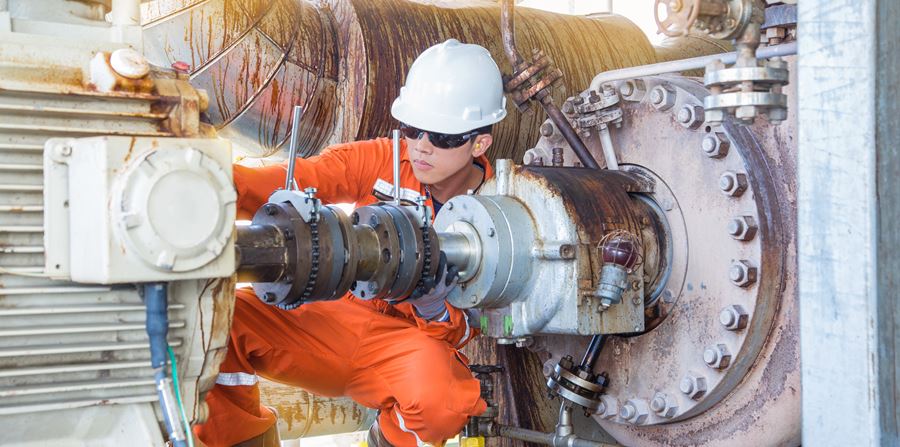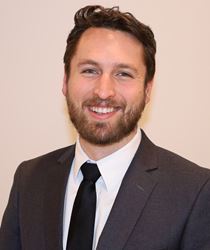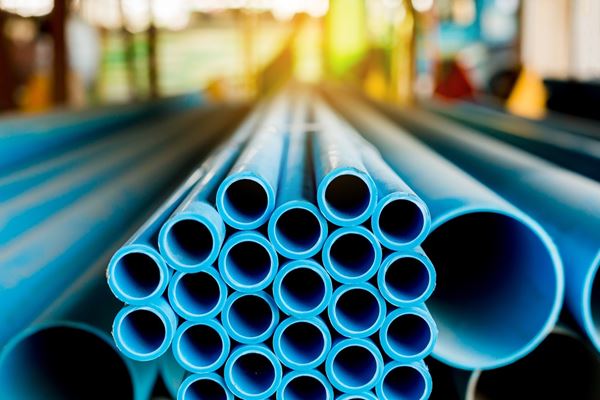Strategic Advantages of Involving a Forensic Expert in Product Liability Cases

Product liability is based on the understanding that, should a product cause harm to a person or property, the party that produced or sold the product to a consumer carries a degree of responsibility. In some cases, the failure of a product can be easily attributed to the fault of either the manufacturer or the end-user but in most cases, determining the true cause of failure is not a simple process. It is critical for attorneys and claims professionals to seek out guidance from forensic experts and ensure a complete investigation and understanding of the failure.
A qualified, experienced forensic electrical or mechanical engineer can be critical in successfully handling a product liability case. These experts can provide the detailed and in-depth understanding needed to fully assess a product failure and provide guidance on how to best proceed with the case.
Determining Root Cause
Identification of the root cause of failure is the most important role that experts play in a failure analysis investigation. An expert should be able to provide a detailed explanation of their investigative process and findings while also explaining limitations. Any investigation that stops short of determining the cause is unhelpful at best and detrimental at worst.
Types of Product Liability
When investigating the root cause, product liability typically falls into three categories:
- Manufacturing defects
- Design defects
- Inadequate warnings or instructions
Most engineers in the industry have experience in one of these areas. It is rare to find an engineer with experience in all three.
For example, an engineer with experience in manufacturing processes may inadvertently allow implicit bias to point their investigation towards manufacturing defects in a product, and this may lead to conclusions based on only partial facts. Well-trained and experienced forensic engineers do their best to enter an investigation free of this bias in order to arrive at fully informed conclusions.
Utilizing the Scientific Method and a Global Perspective
During an investigation, a forensic engineer does not necessarily need years of experience with a specific product to be successful. Instead, it is imperative that they have experience in following the scientific method and can utilize proper investigative procedures. This type of knowledge and experience allows forensic engineers to successfully investigate products with which they have no prior experience because their expertise in engineering principles and modes of failure leads to a global understanding of product failures. In failure analysis investigations, it is more beneficial to rely on a forensic engineer who learns the operating conditions and specifications of a particular product during the investigation, as opposed to a design engineer who intimately knows the product but needs to learn the entire field of forensic engineering in order to form an opinion.
In addition to determining a detailed root cause of a product failure, a quality forensic engineer should be able to provide a global perspective of a product failure. This is true in a few ways. First, a forensic expert should be able to provide all aspects of a failure to their client, including any potential obstacles. Often, a product failure is the result of multiple causes. If retained by the designer of a product, a good forensic expert will assist in identifying any evidence that could point to a design deficiency to allow for a proper defense to be formed. This remains true whether or not the primary cause of failure is related to a design deficiency. Additionally, any other co-causes must be properly identified so that all liable parties can be held accountable. In the case where an expert is retained by the party that suffered harm, an expert must be able to identify all potential targets for recovery.
An example of this is a sprinkler head installed in a manufacturing facility. The sprinkler head had been installed early one day by a fire suppression company, and rather than pressure testing the sprinkler head prior to leaving the facility at the end of the day, the sprinkler head fitter turned on the water to the system and immediately left for the day. The sprinkler head was discovered to have failed and discharged after-hours when the only party left in the facility for the day was a security officer, hired to patrol the building once an hour. When the sprinkler head discharged, the water was not discovered for a period of four hours and resulted in significant damage to the property. Upon inspection of the sprinkler head, severe defects were found in the casting of the sprinkler head body which allowed it to crack under normal conditions of stress created during installation and operation.
The manufacturing defect is the root cause of failure in this case. However, most, if not all, of the resulting damage could have been prevented had the installers or security firm properly performed their jobs. Only through a full understanding of the failure and the surrounding events can a forensic expert provide a complete picture of a product liability case such as this one. This can also apply to preventing future losses caused by similar products or circumstances.
Avoiding Spoliation
Another advantage of including a forensic expert early in a case is to avoid spoliation of evidence. Experts with specific training in evidence collection and preservation will be able to prevent unintended damage or alteration of evidence that may be critical to the case. In most cases where evidence spoliation occurs, it is unintentional and is usually due to a lack of experience or understanding of the investigative process.
During evidence collection, a forensic expert will be able to provide guidance on what evidence should be taken into custody and how it can be safely removed from the scene with minimal damage. Additionally, the expert should provide insight into how best to preserve evidence so that it can safely remain in storage for a long period of time without undergoing any changes.
A common example of spoliation in mechanical cases is when fracture surfaces are pressed back together. Fracture surfaces have extremely delicate microstructures that can provide key information on how and why a component failed. Unfortunately, the instinct of most people is to put broken pieces back together, and while it is difficult to stop the owner of the evidence from doing this at the time of the loss, having an expert on-site as soon as possible will prevent future parties from making this critical error.
Takeaways
In today's world where consumer products are becoming increasingly complex, technical understanding of these products is becoming more important now than ever before. When retained early, a forensic expert can provide clarity to complicated cases of product failure, which will ultimately lead to the best outcome for clients. However, choosing the appropriate expert can have a major impact on the case, and they need not be an expert in the specific product, but an expert in forensic methods with a clear track record of skill in product liability cases, as well as proper handling of such a case to ensure evidence is not spoliated but safeguarded.
Our experts are ready to help.


